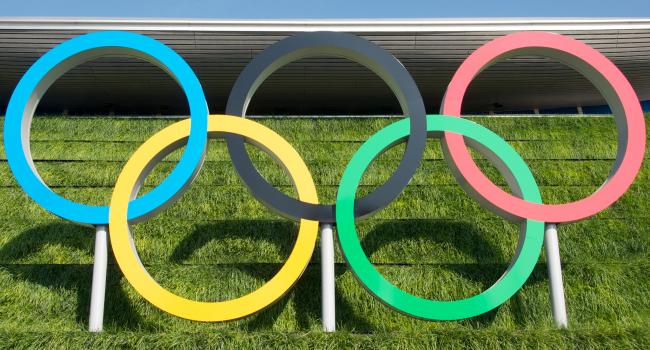
Professor Analyzes Cost Of Olympics
Now that the XXXI Olympics games have concluded, the city of Rio is in the midst of its transition back to financial normalcy. However, Assistant Professor Dr. Steven Salaga contests that cities like Rio who host the Olympic games usually do not see profitable gains in their economy post-Olympics. Dr. Salaga, who specializes in sport economics, believes this kind of investment to be a misconception.
“Politicians tend to advertise that if a city hosts the Olympics, then it is sure to be profitable for the local community,” Dr. Salaga said. “That sounds good in theory, but what is shown time and time again is that the actual total cost of hosting games is much larger than the estimate.”
In the past, the actual estimated cost for cities hosting the Olympics has almost always surpassed the original estimate. These costs include city renovations, infrastructure and transportation construction. Rio was no exception.
“This past Olympics in Rio was supposed to cost the city $3 billion and by the end of it all, it exceeded $4.6 billion,” said Dr. Salaga. “When you start thinking in the way of making the games as lavish as possible, it’s not cheap. And most of the time, the taxpayers end up paying for that.”
Minor protests and civic controversy took place throughout the games.
“If you’re living in poverty and lacking basic services like a significant number of citizens in Rio are, and the government spends $4.6 billion elsewhere, I believe that gives reason to be upset,” Dr. Salaga said. “Although it’s up to politicians and city leaders to address that.”
According to Dr. Salaga, there’s also no guarantee that hosting the games is a net financial gain for local businesses. Although, the rise in tourism boosts international commerce within the city, the economic effects doesn’t necessarily translate into revenue for smaller local businesses.
“During the games, there is an uptick in activity for local restaurants and hotels, but it crowds out much of the spending that you’d normally see. The games themselves create a climate that reduces traditional spending for local residents. It is not rare to see the biggest increase in hotel spending. However, most of the hotels are usually bigger international hotel chains so a lot of that money isn’t pumped back into local economy,” Dr. Salaga said.
Overall budget miscalculations also occur for a number of reasons. Much of the overspending can be found in required upkeep costs. Many of the facilities built specifically for the Olympics require millions of dollars in maintenance fees and are not always repurposed for the communities that they are built in.
In contrast, Dr. Salaga said that hosting the games could lead to an increase in civic pride and happiness within citizens. However, these attributes are non-quantifiable and still financially hit taxpayers and local governments the hardest.
“A good example of this can be seen at the 1976 Olympic games in Montreal,” he said. “The city finally paid off the debt in 2005.”
Despite this, Dr. Salaga believes that the smaller cities that choose to host the Olympics do so in the hope of putting their city in the spotlight.
“Not every aspect is negative. We saw this with cities like the 1992 Olympics held in Barcelona, which changed their image for the better.”
Written by Justin Ikpo (sehdcomm@tamu.edu)
For media inquiries, contact Ashley Green.














